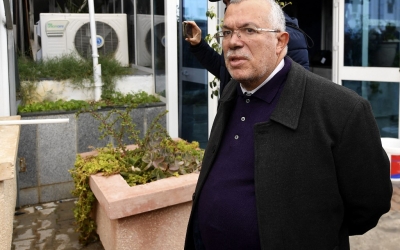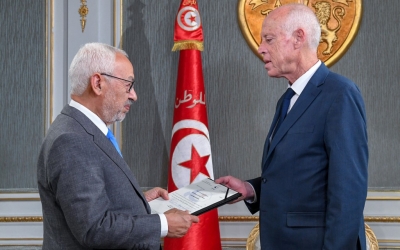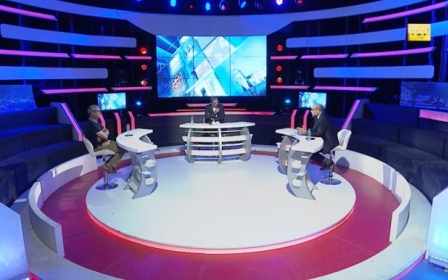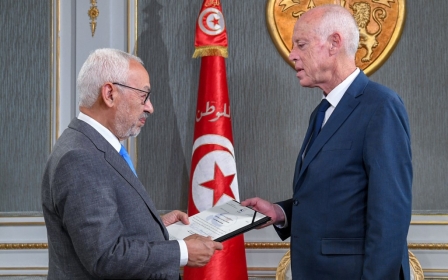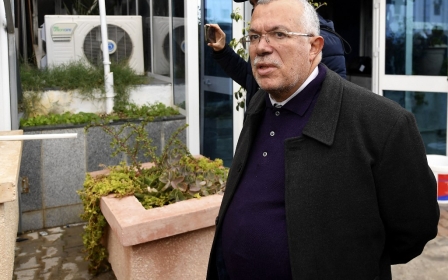Tunisia: UN criticises detention of deputy head of Ennahda
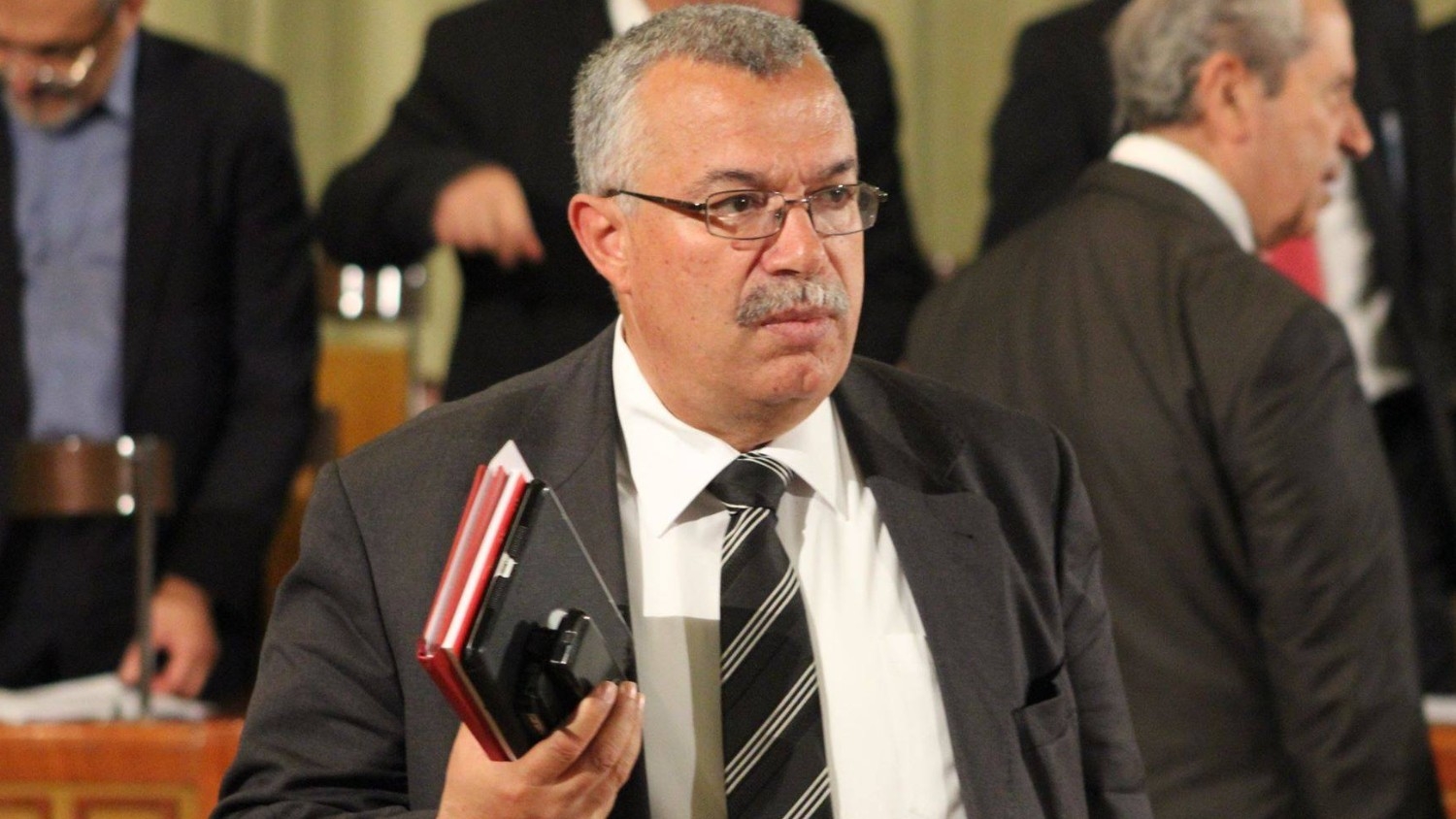
The United Nations on Tuesday expressed concern over human rights abuses in Tunisia and demanded that a former justice minister held in a clampdown on Ennahda, the country's largest party, be either charged or freed.
Noureddine Bhiri, an MP and the deputy head of Ennahda, was bundled into a car by plainclothes police officers on 31 December and held in undisclosed locations for several hours.
He was later accused of possible "terrorism" offences.
The 63-year-old, who suffers from several pre-existing health conditions, including diabetes and hypertension, was transferred to hospital on 2 January after going on hunger strike.
He remains in hospital, where he is under guard.
Former interior ministry official Fathi Baldi was also arrested on 31 December in similar circumstances. His whereabouts was kept secret for several days.
Liz Throssell, a spokeswoman for the UN's High Commissioner for Human Rights in Geneva, said the shadowy circumstances of the men's detention had deepened the UN's "already serious concerns about the deteriorating human rights situation" in Tunisia.
Throssell said the arrests "echo practices not seen since the Ben Ali era", in reference to the authoritarian rule of former president Zine El Abidine Ben Ali, and urged Tunisian authorities to either promptly release or charge the pair.
'Stifling of dissent'
Following the overthrow of Ben Ali in 2011, Ennahda had played a central role in government until a coup by President Kais Saied in July last year.
Vowing to root out corruption, Saied sacked the Ennahda-supported government, suspended parliament and later took steps to rule by decree.
His opponents and civil society groups have expressed fear of a slide back to the authoritarianism of Ben Ali's rule.
Throssell said the UN was "concerned at the stifling of dissent in Tunisia, including through the improper use of counter-terrorism legislation, and the increasing use of military courts to try civilians".
Tunisia's journalists' union said on Tuesday that state television had barred all political parties from entering its buildings or taking part in talk shows since Saied seized power.
Ennahda and other political parties have rallied against Saied since his power grab. On Wednesday, they vowed to defy a curfew planned by the government ahead of the anniversary of the 2011 revolution.
Saied seized power, in a plot leaked to Middle East Eye two months earlier, citing skyrocketing unemployment, rampant corruption and the coronavirus pandemic as reasons to suspend parliament, sack Prime Minister Hichem Mechichi, and grant himself prosecutorial powers.
Further crackdown
Meanwhile, a senior Egyptian intelligence officer, who is liaising with Tunisia's Presidential Security, is preparing plans for a further crackdown on Ennahda, two sources have told Middle East Eye.
Colonel Ali Mohamed al-Farran, a member of the Egyptian intelligence service, is plotting to "replicate the Egyptian experience”, one source told MEE, referring to the clampdown on the Muslim Brotherhood in Egypt in the aftermath of the 2013 military coup.
MEE understands that Farran, who is in charge of the "Tunisian file", has been working closely with Khaled al-Yahyaoui, the director-general of the Presidential Security and an advisor to Saied.
Farran, who previously played an important role in military operations in al-Arish in North Sinai, has been given unrestricted access to Tunisia, sources told MEE.
Middle East Eye propose une couverture et une analyse indépendantes et incomparables du Moyen-Orient, de l’Afrique du Nord et d’autres régions du monde. Pour en savoir plus sur la reprise de ce contenu et les frais qui s’appliquent, veuillez remplir ce formulaire [en anglais]. Pour en savoir plus sur MEE, cliquez ici [en anglais].


